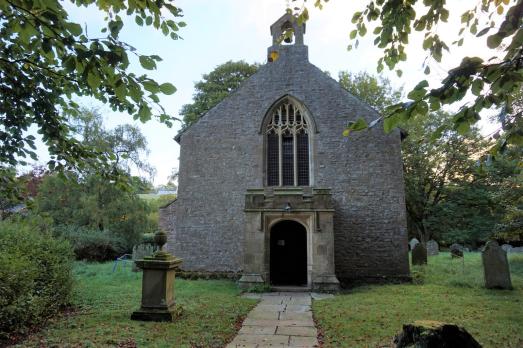
St John the Evangelist
Garrigill, Cumbria | CA9 3DS
The church is a peaceful haven beside the Pennine Way with a wildlife conservation project in the churchyard.
Search for a fascinating place to visit, or see the variety of churches, chapels and meeting houses we have supported.

Garrigill, Cumbria | CA9 3DS
The church is a peaceful haven beside the Pennine Way with a wildlife conservation project in the churchyard.
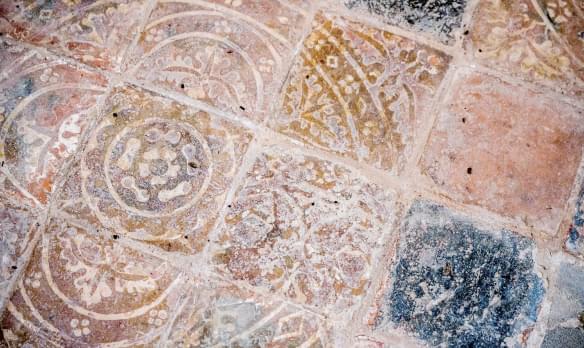
Durham, County Durham | DH1 4DU
Our Church warmly welcomes you to meet with God and share in worship and fellowship with us.

Isel, Cumbria | CA13 9SR
Isel church is a beautiful Grade I listed building, which is located in an idyllic position in a carefully tended churchyard close to the River Derwent.
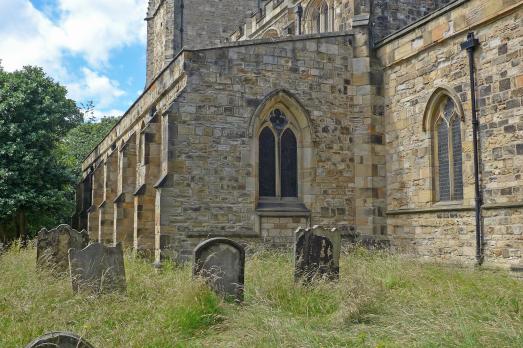
Durham, County Durham | DH1 3DG
A 12th century church with fine stained glass, woodwork, sculpture and bells and a beautiful and interesting churchyard.
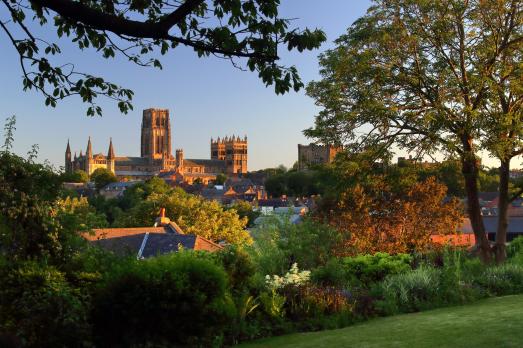
Durham, County Durham | DH1 3EH
Durham Cathedral is of the finest examples of Romanesque architecture in Europe, renowned for its spectacular location at the heart of the Durham UNESCO World Heritage Site, visit and you’ll soon discover why Bill Bryson described this magnificent place as the ‘best cathedral on planet earth’!
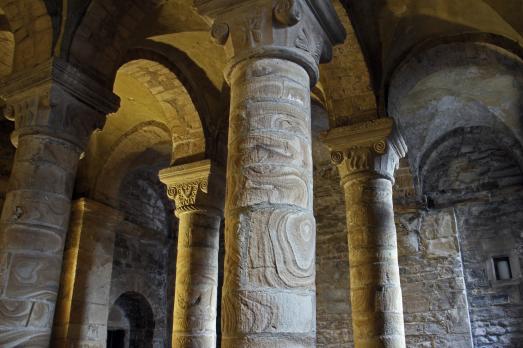
Durham, County Durham | DH1 3RW
Durham Castle has two chapels. The Norman Chapel is older than the cathedral. with unusual carvings.
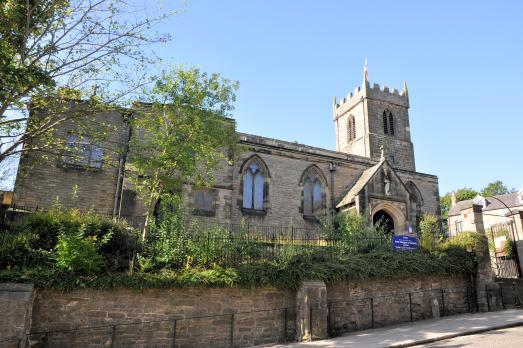
Durham, County Durham | DH1 4PR
A beautiful church in central Durham, for 850 years it has provided prayerful. peaceful space for any visitor to enjoy.

Satley, Northumberland | DL13 4HU
This is a charming little church, simple and welcoming with a history going back eight hundred years or more.

Ushaw Moor, County Durham | DH7 7PN
Pleasant. clean and friendly.
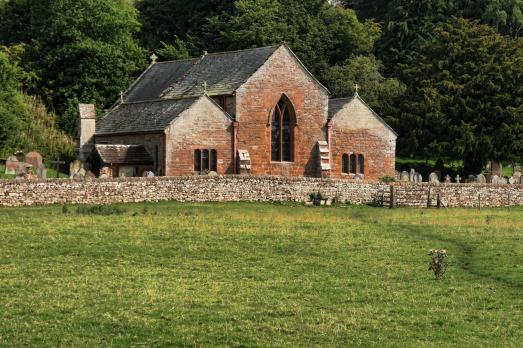
Kirkoswald, Cumbria | CA10 1DQ
This is one of Cumbria's finest small churches, hidden away down a stone walk, with, uniquely, a stone bell tower on the hill above.
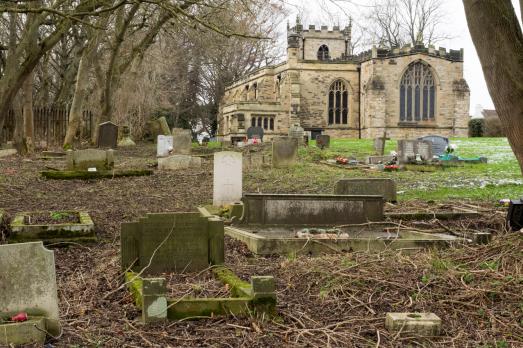
Durham, County Durham | DH1 1QQ
St Giles is a 900 year old church at the heat of its community in Gilesgate.

Nenthead, Cumbria | CA9 3PQ
The highest parish church in England, set in a beautiful, wild churchyard at the top of the hill.